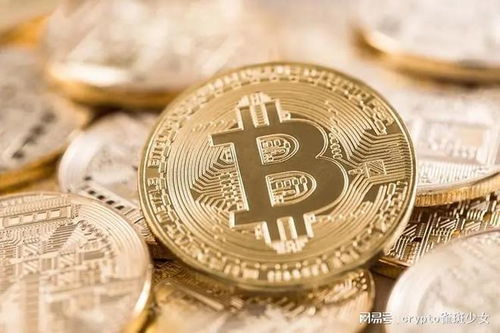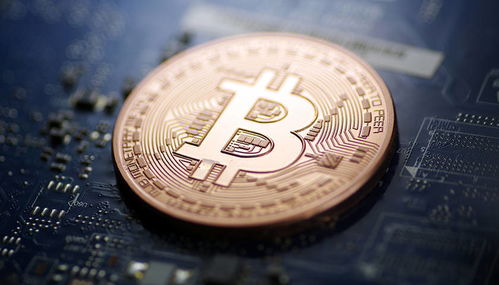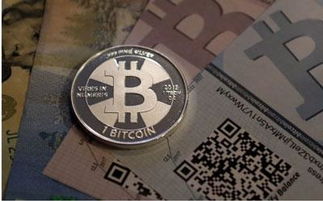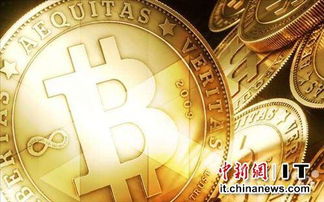来源:小编 更新:2024-11-08 07:23:41
用手机看

Bitcoin, a decentralized digital currency, has been making waves in the financial world since its inception in 2009. Created by an anonymous entity or group known as Satoshi Nakamoto, Bitcoin operates on a technology called blockchain, which ensures transparency and security in all transactions.

One of the most intriguing aspects of Bitcoin is its value, which has seen significant fluctuations over the years. Initially valued at just a few cents, Bitcoin has surged to become one of the most valuable digital assets globally. Its price is influenced by various factors, including market demand, regulatory news, and technological advancements.

Bitcoin has gained recognition as a legitimate asset class, with many countries and financial institutions acknowledging its potential. Its decentralized nature allows for borderless transactions, making it an attractive option for those looking to avoid currency controls and inflationary pressures. Moreover, Bitcoin's finite supply of 21 million coins ensures that it cannot be devalued through excessive printing, unlike fiat currencies.

Security and privacy are paramount in the digital world, and Bitcoin offers robust features to protect users. Each Bitcoin transaction is recorded on a public ledger, known as the blockchain, which is nearly impossible to alter. This ensures the integrity of the network. Additionally, Bitcoin transactions are pseudonymous, meaning users can conduct transactions without revealing their personal information.

Bitcoin ATMs have played a crucial role in the adoption of Bitcoin, allowing users to convert fiat currency into Bitcoin and vice versa. These machines have become increasingly common in various locations, from busy city streets to remote rural areas. The recent incident in London, where a Bitcoin ATM